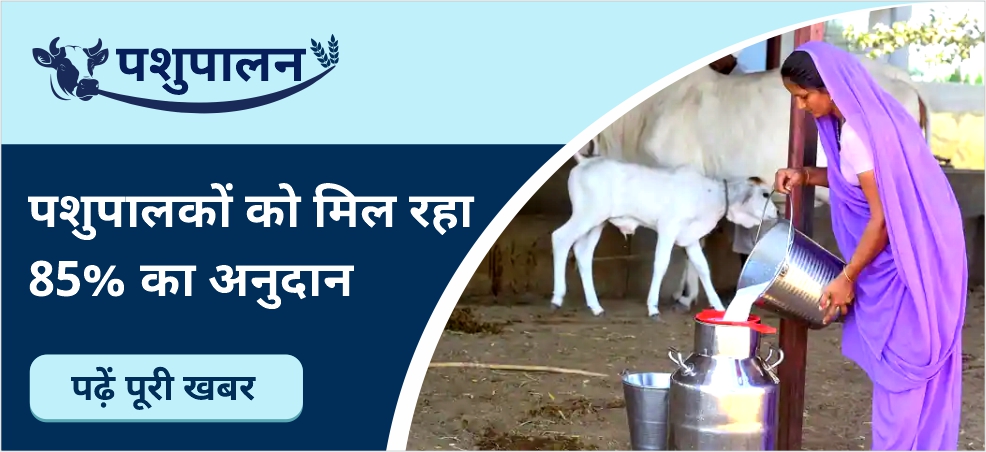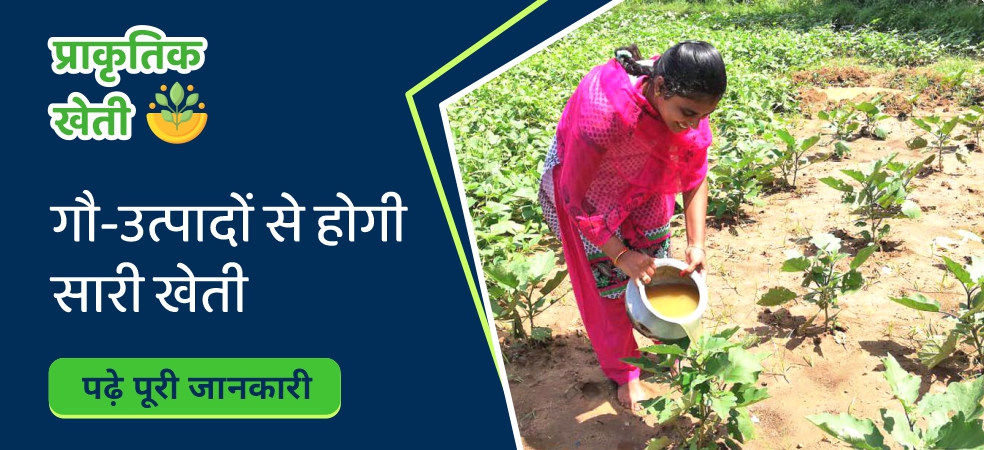In order to provide financial help to the cattle farmers, the Rajasthan government has started the ‘Kamdhenu Dairy Scheme’. With the help of this, a grant of 85% will be made available to the cattle owners for animal business. The objective of this scheme of the state government is to promote high-tech dairy farms of indigenous cows in the state. Women, men and youth will all be benefited from this scheme.
Required eligibility for the scheme
To take advantage of this scheme, the applicant should have at least one acre of land and sufficient food for the animals. The applicant should have at least three years of experience in the field of animal husbandry. Apart from this, they must also have a 6-year-old cow.
benefits of the scheme
After the application is accepted, the beneficiary will be given training in dairy management and cow products after giving the loan. As per the plan, the dairy will be operated outside the restricted area of the local body. This dairy will have at least 30 cows of the same breed with high milk capacity. Whose age should be between 2 to 5 years? Before this scheme, 15 milch cows of the same breed will have to be purchased and in the second phase, 15 indigenous breeds will have to be purchased.
Procedure to register in the scheme
To apply for Kamdhenu Dairy Scheme, click on the official website of the Rajasthan Gopalan Department gopalan.rajasthan.gov.in. After this, a form will appear, download it. Fill out the information asked in the form carefully and submit it to the concerned office.
Source: Krishi Jagaran
ShareKeep reading Gramophone articles daily for important news related to your life. If you liked today’s information, do not forget to like and share










